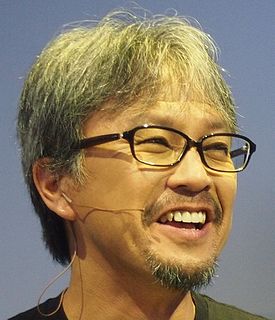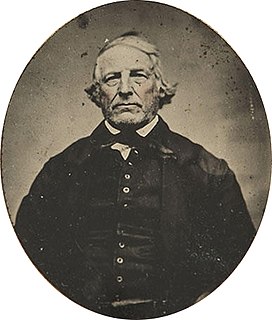A Quote by Dalai Lama
If we continue to approach problems from the perspective of temporary expediency, future generations will face tremendous difficulties.
Related Quotes
The real troublemakers are anger, jealousy, impatience, and hatred. With them, problems cannot be solved. Though we may have temporary success, ultimately our hatred or anger will create futher difficulties. Anger makes for swift solutions. Yet, when we face problems with compassion, sincerity, and good motivation, our solutions may take longer, but ultimately they are better.
For decades, we have piled deficit upon deficit, mortgaging our future and our children's future for the temporary convenience of the present. To continue this long trend is to guarantee tremendous social, cultural, political, and economic upheavals. You and I, as individuals, can, by borrowing, live beyond our means, but for only a limited period of time. Why, then, should we think that collectively, as a nation, we are not bound by that same limitation?
The comrades throughout the Party must take all this fully into account and be prepared to overcome all difficulties with an indomitable will and in a planned way. The reactionary forces and we both have difficulties. But the difficulties of the reactionary forces are insurmountable because they are forces on the verge of death and have no future. Our difficulties can be overcome because we are new and rising forces and have a bright future.
My approach is not a scientific approach. For that, we have greater minds than mine. My approach is: I am in the possession of a text, it has survived so many centuries, and it is my task, my pleasure, to try to decipher it and find all the things that have been said about these few words by generations and generations of commentators. That is what I'm doing. I don't innovate anything. I'm just repeating.
We encountered an awful lot of problems from the drastic leap we took with Wind Waker. I think we will be a bit more careful in the future, but if we find a new approach that not just the developers, but also the users would enjoy then I think we will want to break new ground again. But we haven’t found such an approach yet.
Considering that future generations will be far better off than current generations even after accounting for climate change, it would be more equitable for today's industrialized world to help solve the real problems facing today's poorer developing world than to mitigate climate change now to help reduce the burden on future populations that would not only be wealthier but also technologically superior.






































